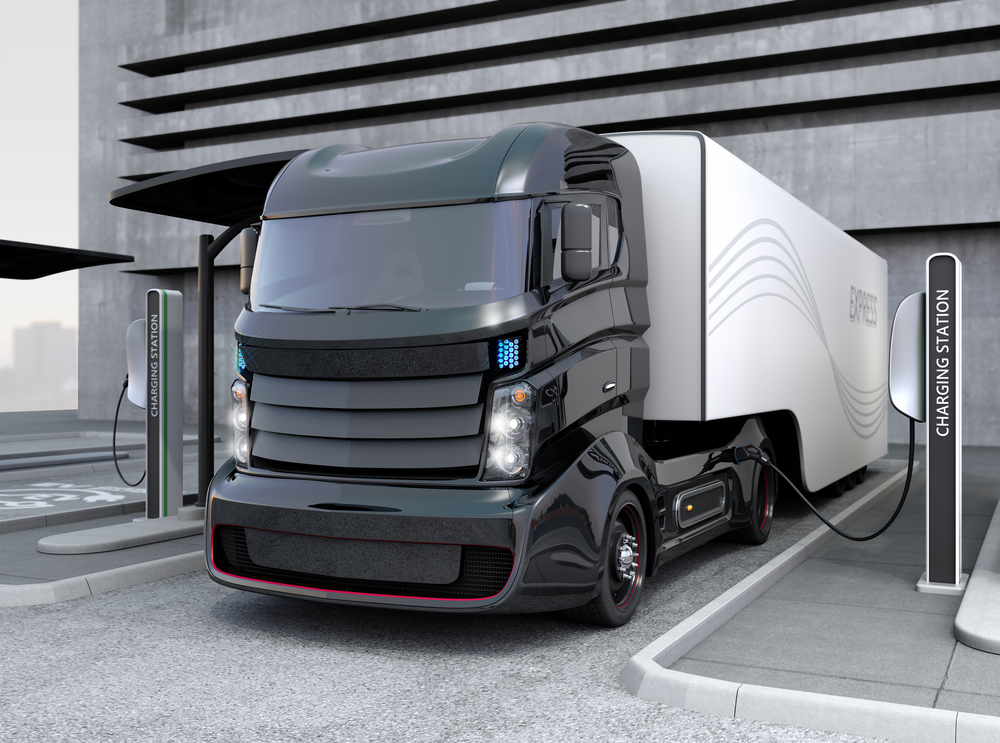
The electrification of trucks, delivery vans, and buses could provide many benefits, according to a recent paper by the American Council for an Energy-Efficient Economy.
The largest benefit will be lower emissions and energy use. Other benefits include reduced operating costs, quieter operation, and higher torque.
Trucks, especially tractor-trailers, produce substantial amounts of pollution and consume a large volume of fuel. According to the Environmental Protection Agency, heavy-duty on-road vehicles produce 16 percent of nitrogen oxides and 15 percent of black carbon emissions. These vehicles also produce 9 percent of fine particle emissions, according to the National Emissions Inventory.
The adoption of electric heavy-duty trucks faces challenges. The trucks have a reduced range compared to conventional ones, but models with ranges up to 500 miles are scheduled to enter the market soon.
Fuel-cell tractors are scheduled to enter the market in 2022.
Another obstacle to adoption is that fleets and truck stops lack electric charging stations.
All types of electric vehicles have higher upfront costs than conventional vehicles because of the high cost of batteries. Still, delivery trucks and other commercial vehicles will soon cost nearly the same as diesel versions.
Despite the challenges, electric trucks to be widespread by 2040, according to the report.